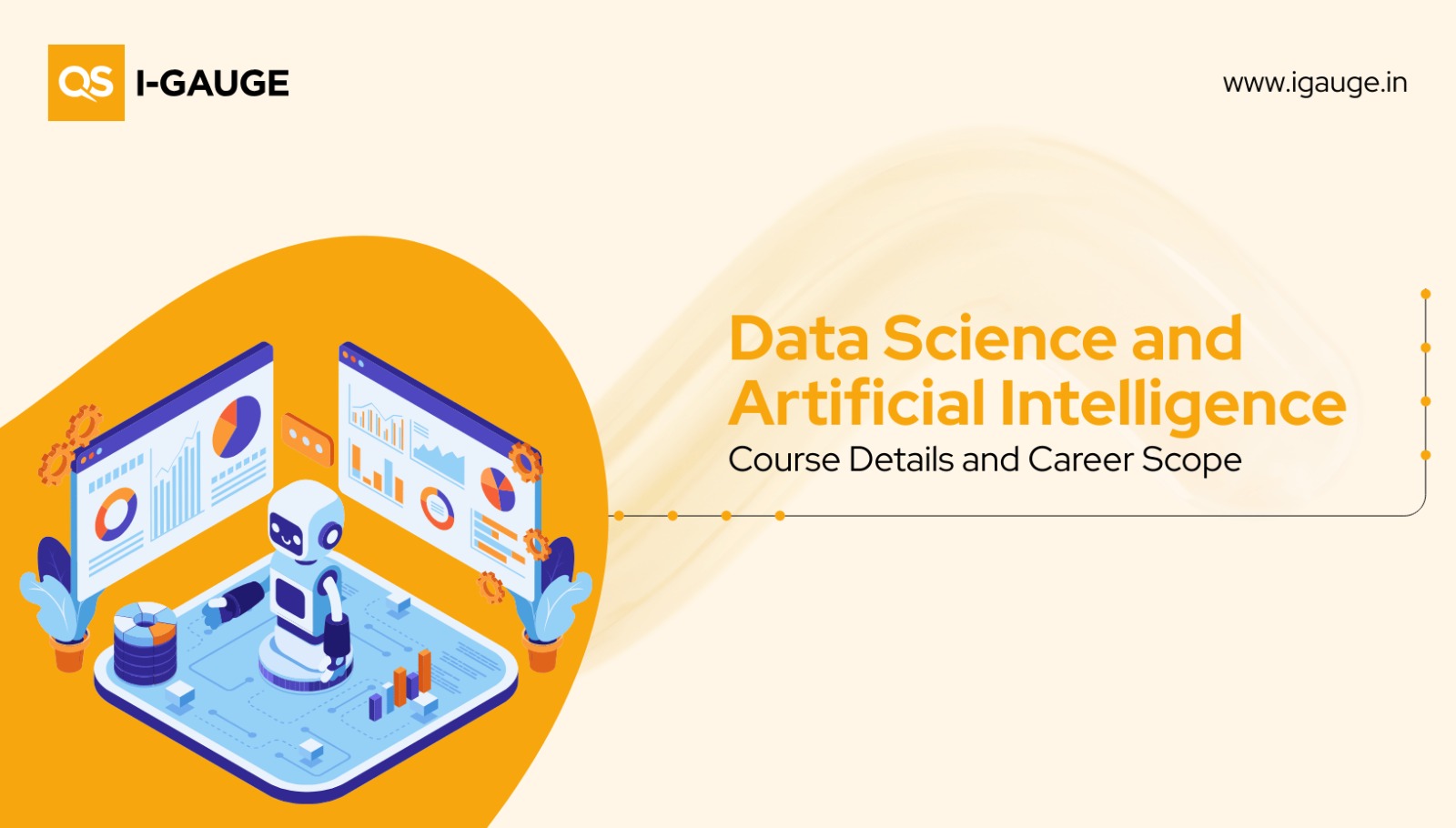
Education has evolved beyond using technology as a tool because it now functions as the primary space where learning occurs. Students today prepare for educational environments that will differ substantially from the traditional schools their parents attended because they use AI-powered tutors and immersive virtual classrooms. The quick educational transformation demands students to identify essential competencies that will maximise their advantages from these changes. Students need to develop both technical proficiencies with gadgets, apps, and essential mental capabilities that enable them to adapt and grow while leading others. The following essential skills will help students achieve success in an educational environment transformed by emerging technologies.
Digital comfort and confidence
The ability to use digital technology has become essential for students at the same level as basic literacy skills. Students need to develop comfort when using devices and exploring apps and working on cloud platforms, and maintaining their data safety online. Students need technology confidence to begin their educational journey because they will use virtual lessons and AI-based learning aids and work on shared digital projects.
Communicating and working together
Technology has not altered the fundamental value of communication but has introduced additional communication methods. Students need to develop skills for expressing their ideas through written communication, as well as video calls and collaborative document work. Students need to develop skills for effective group work, especially when working with peers who have different cultural backgrounds from remote locations. The ability to connect with others and work together through discussion remains equally vital as the technological tools themselves.
Understanding data
Students need to develop skills in data navigation because educational practices increasingly rely on data analysis and insights. Students will encounter dashboards, reports, and AI evaluations during their educational journey. The true ability consists of accurate interpretation of data information alongside pattern recognition and decision-making while maintaining ethical awareness about data collection methods.
Exploring AI and new tools
The future technologies of artificial intelligence, machine learning, and immersive tools, including virtual and augmented reality, have arrived in the present. Students who master these tools will gain an advantage because they can explore virtual science labs and experience VR historical lessons. The key to success lies in using these technologies creatively while maintaining curiosity about their potential applications.
Staying safe online
The use of digital classrooms and online tools requires students to maintain online security. The protection of personal and institutional data requires knowledge about password security and suspicious activity detection. The ability to protect digital information has become essential for responsible digital citizenship and will benefit students after graduation.
Thinking critically and creatively
The digital world provides unlimited information, but users need to verify the reliability of each piece of data. Students need to develop their skills in questioning, fact-checking, and learning to distinguish between reliable information and background noise. Problem-solving requires creative thinking because students need to discover solutions that are not immediately apparent. Students who combine critical thinking with creative thinking develop a method to solve challenges through logical reasoning and imaginative solutions.
Fostering creativity
Students can use digital tools for creative expression in addition to problem-solving by designing presentations, creating content, and exploring new media formats. Students who develop their ability to think creatively through experimentation will succeed in academic and professional environments.
Taking the initiative and leading the projects
Leadership in the digital-first era does not require students to stand at the front of the classroom. Students who take the initiative to organise group projects and propose new ideas, and drive teamwork online, develop entrepreneurial skills. The ability to innovate and inspire others while adapting to new situations holds equal value to technical expertise.
Develop emotional intelligence
The rise of screen-mediated communication necessitates emotional intelligence. The combination of empathy, patience, and self-awareness maintains human connection in digital communication. The development of interpersonal strengths creates better collaboration and positive learning environments, both in digital and physical spaces.
Continuously learning and adapting
Technology remains the only constant factor in our modern world. The educational tools that students learn today will transform significantly during the next few years. Adaptability, together with curiosity, represents essential qualities that students should develop because they hold the most value. Students who maintain their desire to learn, unlearn, and relearn will stay current with upcoming developments.
In Closing
Educational technology drives learning into a new era of dynamic flexibility and interconnectedness. The key to success in this landscape goes beyond tool usage because it requires developing essential skills for success. Students who develop emotional intelligence and creativity, along with digital confidence and adaptability today, will enter the future as better-prepared, resilient individuals who can create a meaningful impact.
Disclaimer
The blog is curated by referring to various credible sources and does not necessarily reflect the opinions or positions of QS I-GAUGE. The information provided is for general informational purposes only, readers are advised to conduct their own research and seek professional advice before making any decisions.




